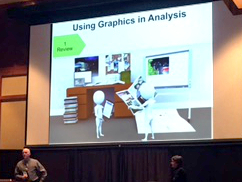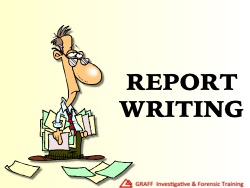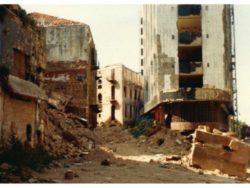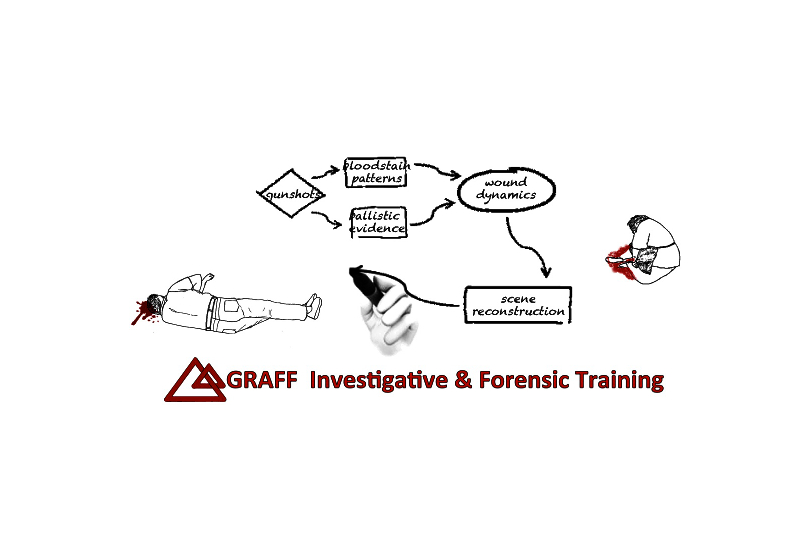(offered at no fee to law enforcement/military, schedule permitting)
Case Presentation – Terror in the Night (Flexible time – 1-2 hours)
Two bodies were lying in a primitive campsite, each with multiple gunshot wounds. No known enemies or obvious motives. The case turned on a single strand of burlap. Presentation reviews interrelationships of evidence to include ballistics, footwear, DNA, fibers and bloodstain patterns which contributed to reconstruction of these brutal crimes.
Eager Confessions ( 3 ½ hours- can be modified to less)
Fundamental principles proven in the field persuade an unwilling suspect to become a willing confessor…..and be happy in the conversion.

Taming the Case Monster (1 hour)
Field-developed organizational techniques to make complex information workable, understandable and retrievable, essential to the success of complex investigations.
Critical Thinking for the Detective or Forensic Analyst (1 to 2 hours)
Introduction to a way of thinking about investigation, crime scenes and evidence. Methods for objective analysis of evidence and avoiding context bias. Explores scientific methods and their application to investigative and forensic analysis. (Lecture or Workshop)
Ethics: Learning From Mistakes of Public Officials (2-3 hours)
Introduction to Crime Scene Reconstruction (90 minutes)
Introduction to a way of thinking about investigations, evidence, and crime scenes. Introduces fundamental principles, scientific background, and scientific method and their application to case investigations.
Case Management for Reconstruction Analysts (1 hour)
Organizing case evidence and analysis to be understandable, retrievable and workable in preparation for and during crime scene reconstruction
Organizational and Demonstrative Investigative Tools on a beer budget (60-90 minutes)
 Use of graphics for case management and reconstruction analysis.Courtroom testimony: Practical principles for preparing for and managing the experience on the witness stand.
Use of graphics for case management and reconstruction analysis.Courtroom testimony: Practical principles for preparing for and managing the experience on the witness stand.
Context Bias (60-90 minutes)
Exploration of methods to identify and prevent context or confirmation bias from creeping into investigative and evidence analysis.
 Report Writing (1 hour)
Report Writing (1 hour)
Basic principles for writing organized, accurate, understandable investigative reports.
Writing Crime Scene Reconstruction Reports (1 hour)
Courtroom Testimony (60-90 minutes)
Practical principles for preparing for and managing the experience on the witness stand.
Public Corruption (1 or 2 hours)
Lessons learned from investigation of powerful political figures in the largest corruption scandal that infected Oklahoma for 25 years.
Beirut 1983 (1 Hour)
 Many believe the Beirut bombing that killed 241 Marines was the beginning of the modern day war on terror. Major Graff, USMCR (Retired) experienced this event, and provides perspective on how the Beirut experience should shape today’s policies towards fighting terrorism.
Many believe the Beirut bombing that killed 241 Marines was the beginning of the modern day war on terror. Major Graff, USMCR (Retired) experienced this event, and provides perspective on how the Beirut experience should shape today’s policies towards fighting terrorism.

